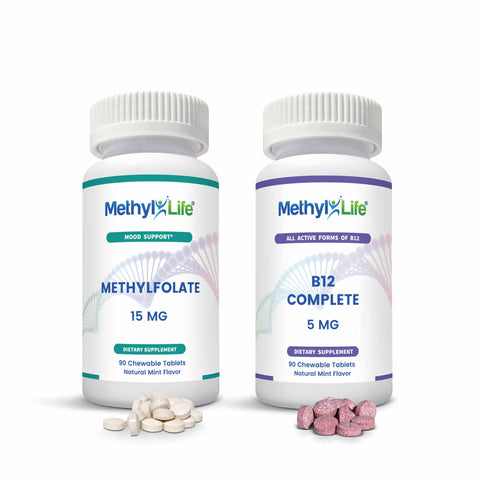Does Gluten Affect MTHFR? How and Why?
Gluten has gained a reputation as one of the most problematic components of the modern diet. It is present in both processed and whole foods, which makes it difficult to avoid.
In the past few decades, the number of people with wheat and gluten sensitivities or allergies has risen sharply. An estimated 0.5-1 percent of the adult population is affected by celiac disease or wheat allergies. Non-celiac gluten sensitivity (NCGS) is also becoming increasingly common.
Research suggests that gluten may be particularly harmful to another common health concern: the MTHFR genotype.
Alone, the MTHFR mutation can have a detrimental effect on numerous bodily functions. It impairs the conversion of folate, which contributes to elevated homocysteine levels, inflammation, nutritional deficiencies, and other health concerns. When coupled with gluten sensitivity, these effects are amplified.
This article will discuss the possible connection between MTHFR and gluten intolerance as well as how gluten may affect an MTHFR mutation. We will also explain the dietary and supplementary protocol for gluten intolerant people with an MTHFR genotype.














